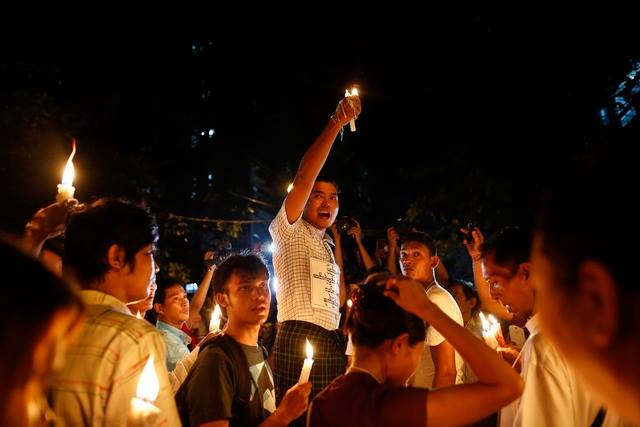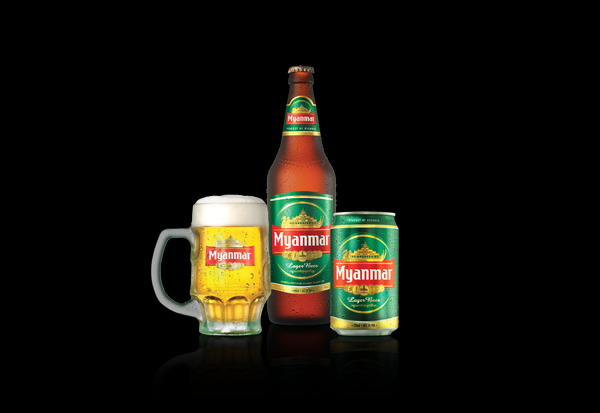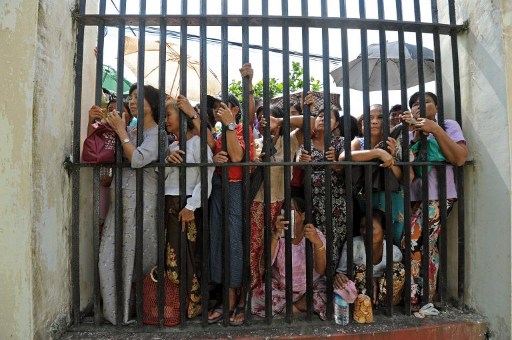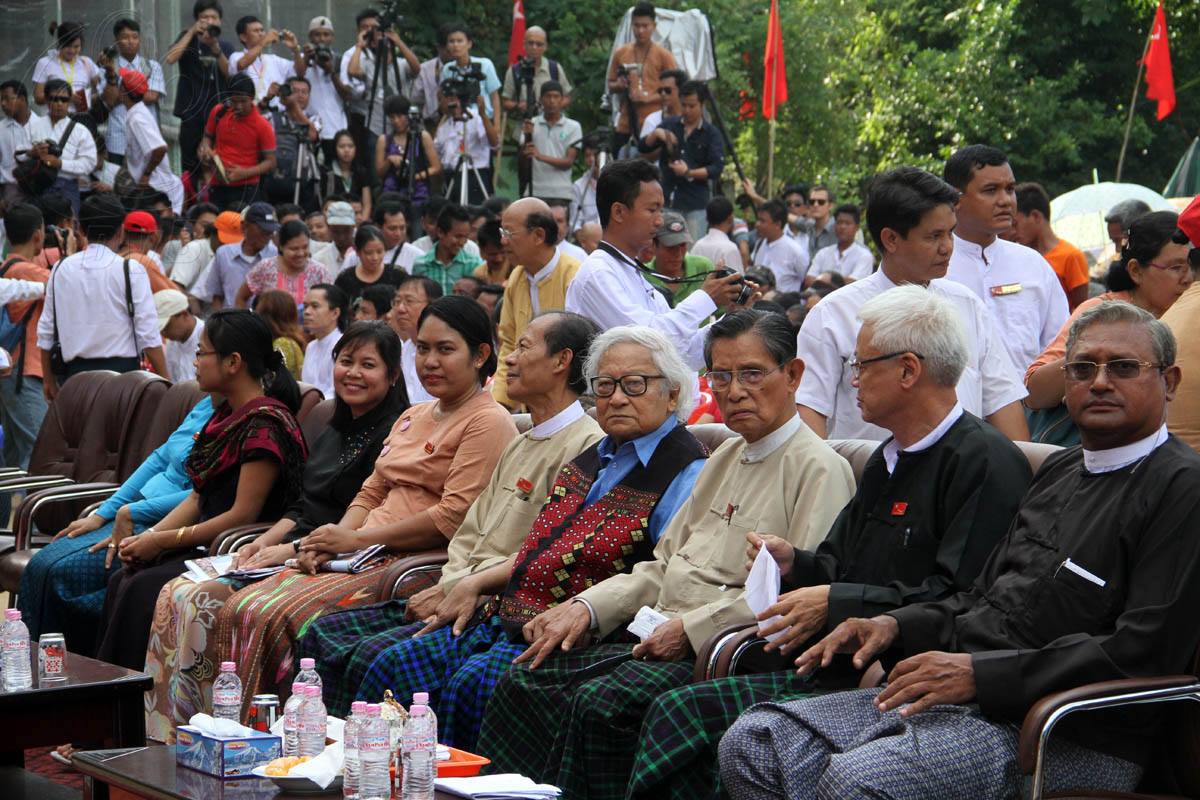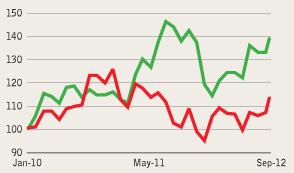In July last year, shortly after the first wave of violence which engulfed Arakan state had taken place, U Win Tin, the co-founder of the National League for democracy (NLD) and perhaps its most influential figure after Aung San Suu Kyi, told me during an interview at his house in Rangoon that “the problem is these Rohingya foreigners. We have to contain them one way or another, something like what happened in the United States during World War II with the Japanese. The US government contained them in camps and after the war they were sent to Japan or they could apply for citizenship. We can solve this problem that way.”
The venerated 84-year-old former journalist – considered by many a voice of conscience among the pro-democratic opposition in Burma – said at another point in the conversation: “They [the Rohingyas] want to claim the land; they want to claim to be native. This is not right, that is the problem. But, of course, they have a lot of contact with foreign countries like those in the Middle East, Muslim communities, Indonesia, Malaysia; and this Muslim problem is really great, even all over the world – the problem is too big.”
The iconic Aung San Suu Kyi has always been less outspoken than Win Tin. But in a recent interview with the BBC she expressed ideas very similar to his, albeit in a characteristically indirect manner. After denying that what is going in Arakan state is an ethnic cleansing, she said that “the reaction of Buddhists is also based on fear,” before adding: “I think you will accept that there’s a perception that global Muslim power is very great, certainly that is a perception in many parts of the world and in our country too.”
She did not make the slightest attempt to deny the validity of such a “perception”. So, if silence is often as eloquent as words, it would not be unfair to infer that she shares it, as Win Tin unmistakably does.
[related]
Many people from abroad who have supported the NLD and the pro-democracy camp at large for many years, even among those who are advocating for the downtrodden Rohingya, seem to be reluctant to admit something that by now should be clear to any clear-eyed observer: when it comes to the crisis in Arakan state, the government and most of the opposition, including the NLD and the 88 Generation, are on the same page. Maybe Myo Yan Neung Thein, a known activist since the student protests in 1996 and founder of the Bayda Institute in Rangoon, was not off the point when he told me last year: “The military, Aung San Suu Kyi, the 88 generation students and the politicians, we all share the same opinion about national identity.”
The opening process initiated two years ago in Burma is offering some hope that the country might change for the first time in five decades. But the transition is also putting into full view some ugly truths about the political realities of the country that the narrative of “good” (the democratic opposition and its supporters abroad) versus “bad” (the Burmese regime and its backers abroad, particularly China) had obscured before.
The first, and admittedly the less surprising of all, is that the human rights approach of the so-called international community – with the United States and the European Union at its head – was as easy to discard as the Burmese generals’ uniforms who adopted civilian garb to establish a not-so-civilian government two years ago.
For years, these countries put pressure with sanctions on the Burmese dictatorship due to its appalling human rights record. Admittedly, it was not a risky strategy, as Burma was considered of only secondary strategic importance. The geopolitical great game was played elsewhere and it was easy to adopt a “principled approach”. Now that China is getting too powerful, the US and the EU need to find allies in the region and the ex-generals in Naypyidaw are as good as any other.
It doesn’t matter that the Burmese government did not reach any of the benchmarks that the EU set to remove sanctions. Last year the EU did exactly that. Apart from the always open debate on the effectiveness of sanctions, this move could only encourage the Burmese regime’s sense of impunity. Meanwhile, every world leader, Obama included, seems to be eager to exonerate the Burmese government of any responsibility on the ethnic cleansing of the Rohingya in Arakan state and the wave of anti-Muslim violence elsewhere in the country, labeling it as only “sectarian violence”.
There are two other two ugly truths that are closely linked and are more of a blow to Burma watchers. The first one is that many in the pro-democracy movement have proved easier to co-opt by the government than would be expected after many years of struggle, starting with Aung San Suu Kyi herself. She has defended the corrupt cronies who have made millions out of a rotten system and even accepted presents from them. The second is that the most prominent leaders in the democracy camp and the generals have many more points in common than was immediately recognisable in former times.
Aung San Suu Kyi and the NLD never had a coherent set of policies, a program or even a clear ideology. She has never spelt out a comprehensive political philosophy or strategy beyond some vagaries about the need for a “revolution of the spirit”, the goals of democracy, human rights or, more recently, the need for “rule of law” in the country, without putting much flesh and bones into these concepts. Paradoxically, this very same vagueness played in Suu Kyi’s favour during her years of house arrest, as it leaves room for her listeners to read in her words whatever they want to read, regardless of their political leanings. Nonetheless, and although the politics of Aung San Suu Kyi are somewhat of a mystery in details, it is possible to see some of her attitudes and her party’s in general terms.
Broadly speaking, the most crucial issues that Burma faces today and in the future are fourfold: national identity; the organization of the state; a model for economic development; and its government.
Regarding the first, as we have seen, during the last two years it has become clear that the NLD, the 88 Generation, and most of the opposition share the same ideas of nationhood as the generals in Naypyidaw. It is not a looking-forward, all-inclusive and purely civic concept of nationalism able to transcend religion, race or ethnicity, where national allegiance is based on participation in public life. On the contrary, national identity in Burma, as legally enshrined in the infamous 1982 Citizenship Law, is based on an ethno-nationalism rooted in soil and blood which looks to a largely invented past for its foundations and where only the members of a limited set of ethnic groups are considered truly Burmese.
This ethno-nationalism is more likely to lead to a sort of “ethnocracy” than to a real democracy. And it is important to remember that it has led to catastrophic outcomes in many other places (the former Yugoslavia, Rwanda, Nazi Germany …), and it is particularly dangerous in a country with as much diversity as Burma.
The issue of the organisation of the state pertains mainly to the autonomy of the ethnic minorities that comprise roughly 40 percent of the population and who inhabit most of the outlying areas of the country, some of whom have been fighting for some sort of autonomy since Burma’s independence in 1948. To be fair, when Aung San Suu Kyi was released she called for a second Panglong Conference to try to sort out the issue, but later she has mostly maintained a deafening silence on the issue.
As I have argued previously, Suu Kyi has shown little empathy with the ethnic minorities and little understanding of the problems. As in other issues, she and her party have not explained a policy for accommodating the ethnic minorities’ demands for greater autonomy and have always given more precedence to the struggle for democracy than to this thorny issue, as if both questions could be separated. Moreover, there is an all-too-common perception among the ethnic minorities that “The Lady” only cares about the plight of the Bamar majority, a perception which has been reinforced by her refusal to defend the tens of thousands of civilians displaced in Kachin state.
When it comes to economic policies, Aung San Suu Kyi has not gone beyond advocating transparency, the need to introduce measures to reduce poverty, again without much further explanation, and repeating her mantra about the need for rule of law.
The fact that Burma is opening its economy and has the possibility of growing economically does not mean that the huge economic inequalities which affect the country will be solved automatically – on the contrary, if the experiences of other countries are to serve as example. But the democratic opposition and the government have not come out with any plan to avoid a widening of the gap between rich and poor.
The ethnic divisions that afflict the country have somewhat obscured its class differences, very conveniently for those at the top, but these divisions are not less real for being overlooked. In any case, the NLD can hardly be regarded as a party devoted to defend the masses of working poor Burmese citizens, and Aung San Suu Kyi left this quite clear when she advocated the continuing of the huge copper mine project in Latpadaung, even against the interests of the farmers evicted from lands they had been cultivating for generations.
The biggest divergences between the NLD and the government are to be found in the form of government. Suu Kyi has said many times that is necessary to change the constitution and that is necessary to reduce the power of the military to have a real democracy in Burma. But she also said recently in the United Kingdom that “the army must be the foundation of the country”, a statement that, to be entirely fair, might be due more to political strategy than to any inner conviction, given her commitment to ingrain herself with the military generals.
Since she was released from house arrest, Suu Kyi has been far more engaged in playing politics in the opaque corridors of power in Naypyidaw and making tours abroad than trying to listen to the Burmese public at large, whose support she and the NLD seem to take for granted. Even Win Tin has criticized this aloofness from the public and it is increasingly easier to find Burmese saying that she is not close enough to the people.
It is possible that Suu Kyi is playing a dangerous game and that it could be risky to be too confrontational with the generals, as some argue. And it goes without saying that she is right when she demands a change in the institutions of government. However, her obsession to work at the top means neglecting another crucial part of a healthy democracy: the participation of citizens in the political process. She and the pro-democracy opposition at large are basically playing by the rules of the government, seemingly too scared to infuriate the beast, and are missing the opportunity to build a strong grassroots movement that could serve as a counterweight of the powerful military. The result is that they are leaving the former dictators to build the new “democracy” almost completely on their own.
Even though she has admitted openly her ambition to hold presidential power in the future, Suu Kyi’s political vision for the country remains as hazy as ever. She won her seat in parliament by a landslide without a clear political platform, and her party has yet to publish any program. To date, no NLD MP has made a single proposal in parliament.
It is legitimate to ask whether The Lady and her party consider that their merits lie with her huge charisma and in past sacrifices, having won a general election 23 years ago, instead of aimed at a specific project for the country.
Burma is only at the early stages of an uncertain political process of change. It remains to be seen whether the opening of the country started two years ago will lead to a real democracy. For that to materialise, it is not only necessary to introduce changes to the constitution, the laws and the institutions of the state in order to create a framework where different ideas and political positions can compete peacefully, but there must also emerge a strong political movement capable of challenging both the power and the ideological hegemony of the military, and which can articulate an all-inclusive and progressive vision for the country by listening and responding to the legitimate demands of all Burmese citizens. Given the performance of Suu Kyi, the NLD and the main figures in the pro-democracy camp, all indications are that such a movement has not yet arrived.
Carlos Sardiña Galache is a freelance journalist based in Bangkok.
The views and opinions expressed in this article are the author’s and do not reflect DVB editorial policy.


